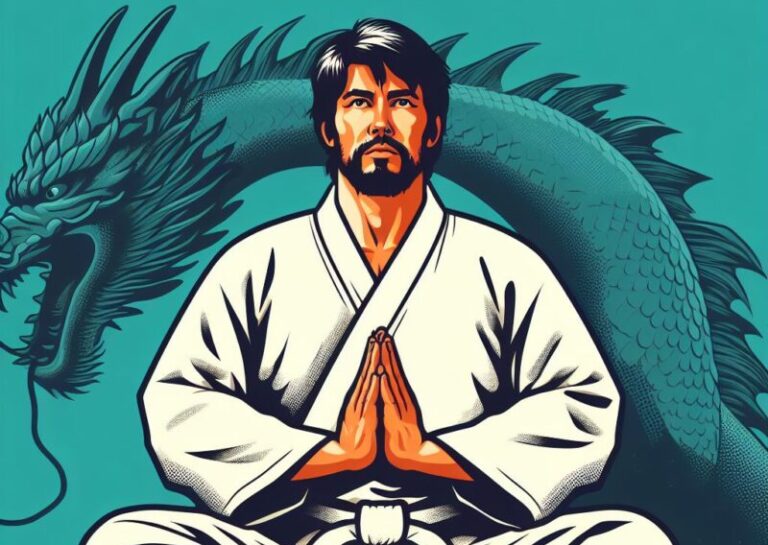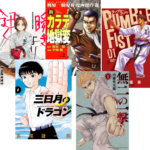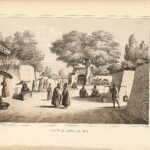“Karate ni sente nashi” – There is no first strike in Karate.
The phrase “Karate ni sente nashi” is a fundamental teaching in karate. It signifies that karate should be used for defense rather than offense. It advocates using karate only when necessary to protect oneself or others and emphasizes avoiding unnecessary conflicts and violence.
The concept of “Karate ni sente nashi” is deeply rooted in the history and philosophy of karate. Originating as a martial art in Okinawa, the people there faced domination and oppression by foreign powers such as Japan and China. Consequently, they developed ways to fight without weapons to preserve their culture and traditions. Karate emerged under such circumstances, prioritizing the minimal use of force to protect one’s life and dignity.
The principle of “Karate ni sente nashi” remains relevant in modern society. Learning karate allows one to train both the body and mind, not for the purpose of causing harm but to foster self-respect and respect for others. Behaving aggressively with karate contradicts its spirit. Karate aims for peace and harmony, and the phrase “Karate ni sente nashi” embodies this philosophy.
※Page for Japanese Language Representation 空手の哲学 其の一「空手に先手無し」
Understanding the Philosophy of ‘Do Not Strike, and Do Not Be Struck’ in Karate
Karate is not just a means of self-defense and physical betterment; it encompasses a philosophy that teaches morality and mindset as a human being. Among these, the admonition left by the founder of Karate, Chojun Miyagi, “Do not strike, and do not be struck,” is one of the most critical teachings for Karate practitioners.
The literal meaning of “Do not strike, and do not be struck” is to refrain from attacking others and to avoid being attacked, and to shun conflict. However, it holds a deeper implication. Chojun Miyagi explains this phrase as follows:
“Do not strike” implies honing one’s mind and body and refining one’s skills so that one can control and suppress any potential aggression with one’s presence and aura before the opponent strikes. It also means maintaining inner peace and avoiding disputes and troubles. “Do not be struck” means not retaliating more than necessary when being attacked. It also means not boasting one’s strength or skills or looking down on others.
In essence, the philosophy of “Karate ni sente nashi” emphasizes not just mastering Karate’s techniques but also cultivating the spirit and attitude of Karate. It’s about respecting oneself and others, seeking peace and harmony.
This maxim is not just applicable in the practice of Karate but also in daily life and social interactions. If we can fulfill our responsibilities according to our abilities and positions, collaborate with others, and assist one another, we can build a better society. Moreover, if we can make decisions and act calmly and humbly, without being swayed by our emotions and desires, we can lead a happier life.
The philosophy of Karate, as embodied in Chojun Miyagi’s maxim, “Do not strike, and do not be struck,” is an essential lesson for all of us. By learning and practicing this teaching through Karate, we can contribute to our personal growth and the improvement of society.
※Page for Japanese Language Representation 空手の哲学 其の二「人に打たれず 人打たず」




コメント